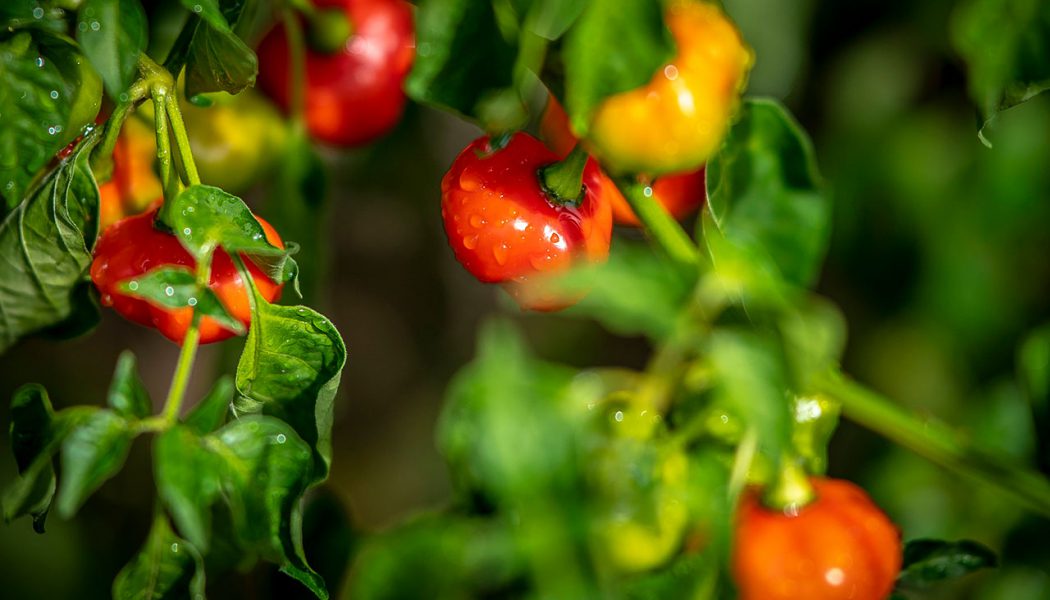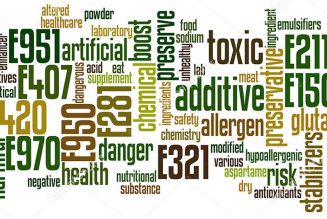In simple terms, Agriculture where Artificial (Chemical) Fertilizers are not used is generally known as Organic Farming.
History
Until 19th century, the Fertilizers used by farmers were not based on Chemical products. They were using mainly biological fertilizers derived from animal and plant waste. But demands for bulk production in less time with a good yield triggered the development and usage of Chemical Fertilizers.
Natural fertilizers are the best. With the extremely growing demand for fresh vegetables and crops, farmers had to find alternative methods. They were under pressure to supply large quantities in minimal time.
The fertility level of soil started declining as more and more crops were produced and there needed some means of restoring the soil fertility level. Pest control also were needed to maintain healthy crops and minimize the agricultural loss due to decay and other diseases.
Starting with simple pesticides, usage of chemicals both as pesticides and fertilizers increased and at one stage the usage of natural fertilizers was considerably reduced. There are many side effects to using the Chemicals for agriculture. Soil Compaction, Erosion, Reduced Soil Fertility, Health Hazards are all some of the serious side effects of long term usage of Chemicals.
Revival of Organic Farming
Late 1800s and 1900s scientists started research to find ways in countering the side effects of Chemical Fertilizers. They aimed at maintaining higher production rates without chemicals. The founder and pioneer of the Organic Movement Sir Albert Howard and his wife Gabrielle Howard founded an Institute of Plant Industry in 1921. They started work in India to improve the traditional farming methods.
They brought in many methods like Scientific Training, Traditional Indian Farming Methods, improved Animal Husbandry, Rotation of Crops etc. Systematic usage of Composts and Manures were introduced. In the early 1930s they started promulgating a system of Organic Culture.
International Federation of Organic Agriculture Movements (IFOAM) defines the Organic Agriculture or Farming as follows.
“Organic agriculture is a production system that sustains the health of soils, ecosystems and people. It relies on ecological processes, biodiversity and cycles adapted to local conditions, rather than the use of inputs with adverse effects. Organic agriculture combines tradition, innovation and science to benefit the shared environment and promote fair relationships and a good quality of life for all involved…”
The International Federation of Organic Agriculture Movements is the worldwide umbrella organization for the organic agriculture movement, which represents close to 800 affiliates in 117 countries.


